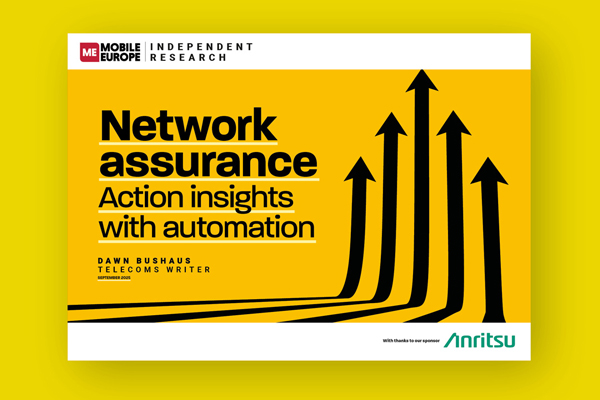The announcements reflect intense rivalry among hyperscalers to build infrastructure for AI in the European Union as regulation looms to strengthen sovereignty
It feels like another day, another multi-billion euro deal by a hyperscaler in Europe. Microsoft has announced it will spend $10 billion (€8.6 billion) on a data hub on the city port of Sines on Atlantic coast city. The size and scale indicates the importance the cloud giant attaches to southern Europe and is part of Microsoft’s strategy to expand AI and cloud infrastructure across Europe, adding to recent pledges in Germany, Spain and the UK.
The Portuguese hub will be a crucial node in Microsoft’s Azure and AI compute network for workloads such as large language models and enterprise AI applications.
Microsoft says the investment will be in collaboration with Start Campus, the developer behind Sines 4.0 (one of Europe’s largest green energy-powered data centre initiatives), the AI infrastructure platform Nscale and the leading AI chipmaker NVIDIA. The Sines site is expected to deploy more than 12,000 next-generation NVIDIA GPUs and being operating in early 2026.
Sines attractions are many: they include subsea landing site for trans-Atlantic cables linking Europe to Africa and the Americas, renewable energy and land available for campuses.
The announcement also aligns with Portugal’s plan to position itself as a digital gateway for Europe. Its government has identified the digital economy as a priority for growth and is streamlining regulation and permissions to encourage investment. Earlier this week, the Spanish wholesale operator Lyntia launched DC Connect, a new data centre interconnection service linking more than 100 facilities across Spain and Portugal.
The pledge is another manifestation of the growing competition among hyperscalers to build AI-ready infrastructure in the European Union as data-sovereignty rules loom and bite. Hyperscalers and others are scrambling to build as fast as they can to comply with more stringent laws and regulation (such the EU Data Act) and meet projected demands for local compute facilities.
Google m
Google announced a new €5.5 billion investment, between 2026 and 2029, in infrastructure and offices in Germany. This includes a new data centre in Dietzenbach, continued investments in the data centre campus at Hanau and bigger offices in Berlin, Frankfurt and Munich. Google also gave information about its first heat-recovery project in Germany, and local skilling and wetland protection initiatives.
The search giant said the announcement is part of its “continued commitment to Europe” and is projected to contribute an average of €1.016 billion to local growth domestic product, including about 9000 jobs annually in Germany through to 2029.
Cloud and AI infrastructure
When complete, the new data centre at Dietzenbach will strengthen the Google’s cloud regions in Germany, which are part of its global network of 42 regions. The company highlighted the fact Mercedes-Benz and Koenig & Bauer use its facilities to build and scale their own AI-powered solutions.
Google opened the data centre facility in Hanau in 2023: Google Clouds offers AI services including Vertex AI with Gemini models from its German region and “will continue delivering sovereign cloud solutions, allowing organisations to confidently adopt advanced cloud and AI capabilities, while adhering to local requirements and European values.
“This underscores Google Cloud’s commitment to freedom of choice by ensuring German businesses are not locked into any single vendor and have the operational flexibility to select the best services for their needs.”
Clean energy and heat recovery
Google also announced it is to expand its 24/7 Carbon-Free Energy (CFE) partnership with Engie in Germany through to 2030. This collaboration began in 2021 and is scaling up “to contribute to Germany’s energy transition and grid stability.” according to the press statement.
More information about Google’s most recent pledge can be found here.




